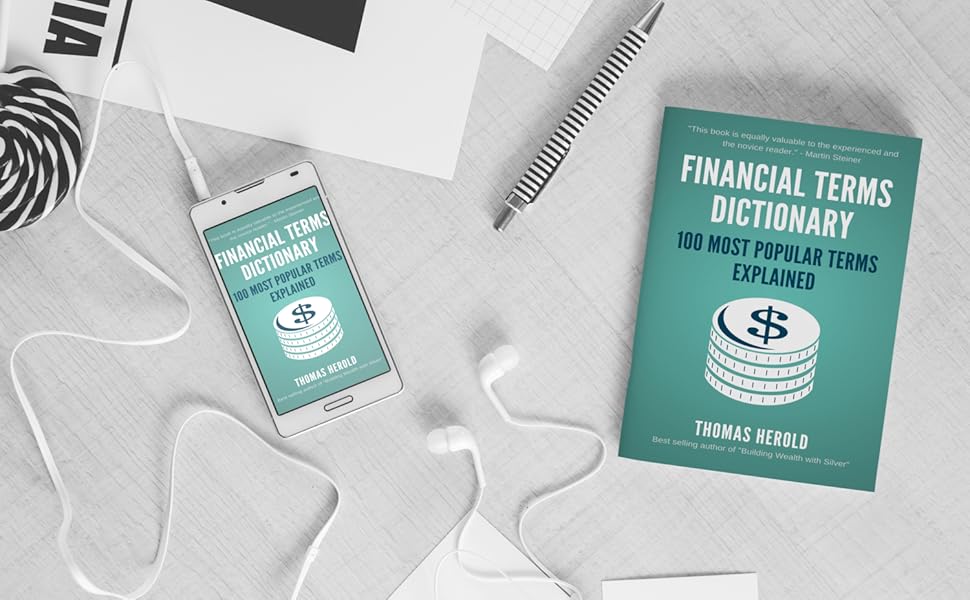Real Estate Terms Glossary
Plain-English Real Estate Terms (for Normal People)
No jargon. Just the stuff you actually need to know.
Pre-Approval
Before you shop for a home, a lender reviews your finances and tells you what you can afford. It shows sellers you’re serious — and ready.
Down Payment
The money you pay upfront when buying a house. It’s usually 3%–20% of the home’s price, depending on your loan.
Closing Costs
Extra costs due at the end of the sale — things like title fees, taxes, lender charges, and insurance. Usually 2–5% of the home price.


Escrow
A special account where your lender sets aside money from your mortgage payments to pay taxes and insurance on your behalf.
Principal
The original amount you borrow — not including interest. Paying down your principal builds equity (ownership) in your home.
Principal
The original amount you borrow — not including interest. Paying down your principal builds equity (ownership) in your home.
Interest
What the lender charges you for borrowing money. It’s part of your monthly payment.
Equity
The portion of the home you truly “own.” It’s the difference between your home’s value and what you still owe on your mortgage.
Mortgage Insurance (PMI)
Insurance that protects the lender (not you) in case you stop making payments. It’s usually required if your down payment is less than 20%.
Amortization
A fancy word for the process of slowly paying off your mortgage over time with monthly payments.
Fixed-Rate Mortgage
Your interest rate stays the same for the life of the loan. Predictable, reliable, and easy to budget for.

Adjustable-Rate Mortgage (ARM)
Your interest rate can change over time, depending on the market. You usually get a lower rate up front, but it could go up later.
Loan-to-Value Ratio (LTV)
How much you’re borrowing compared to the home’s value. Lenders use this to decide how risky your loan is.
Appraisal
A professional estimate of what a home is worth. Lenders require it to make sure the property is worth the price you’re paying.
Title Insurance
Protects you against unexpected issues with a home’s ownership history — like unpaid taxes or old claims on the property.
Earnest Money
A deposit you put down when making an offer — it shows you’re serious. It’s usually applied to your closing costs later.
Offer
The written proposal you (the buyer) submit to the seller, stating your price and terms for the home.
Contingency
A condition that must be met for the sale to go through — like getting approved for financing or passing a home inspection.
Inspection
A professional checkup of the home’s structure and systems before you buy. You want to know what you’re getting into!
Appreciation
When your home goes up in value over time — great for building wealth.
Refinancing
Getting a new mortgage to replace your old one — usually to lower your interest rate or monthly payment.